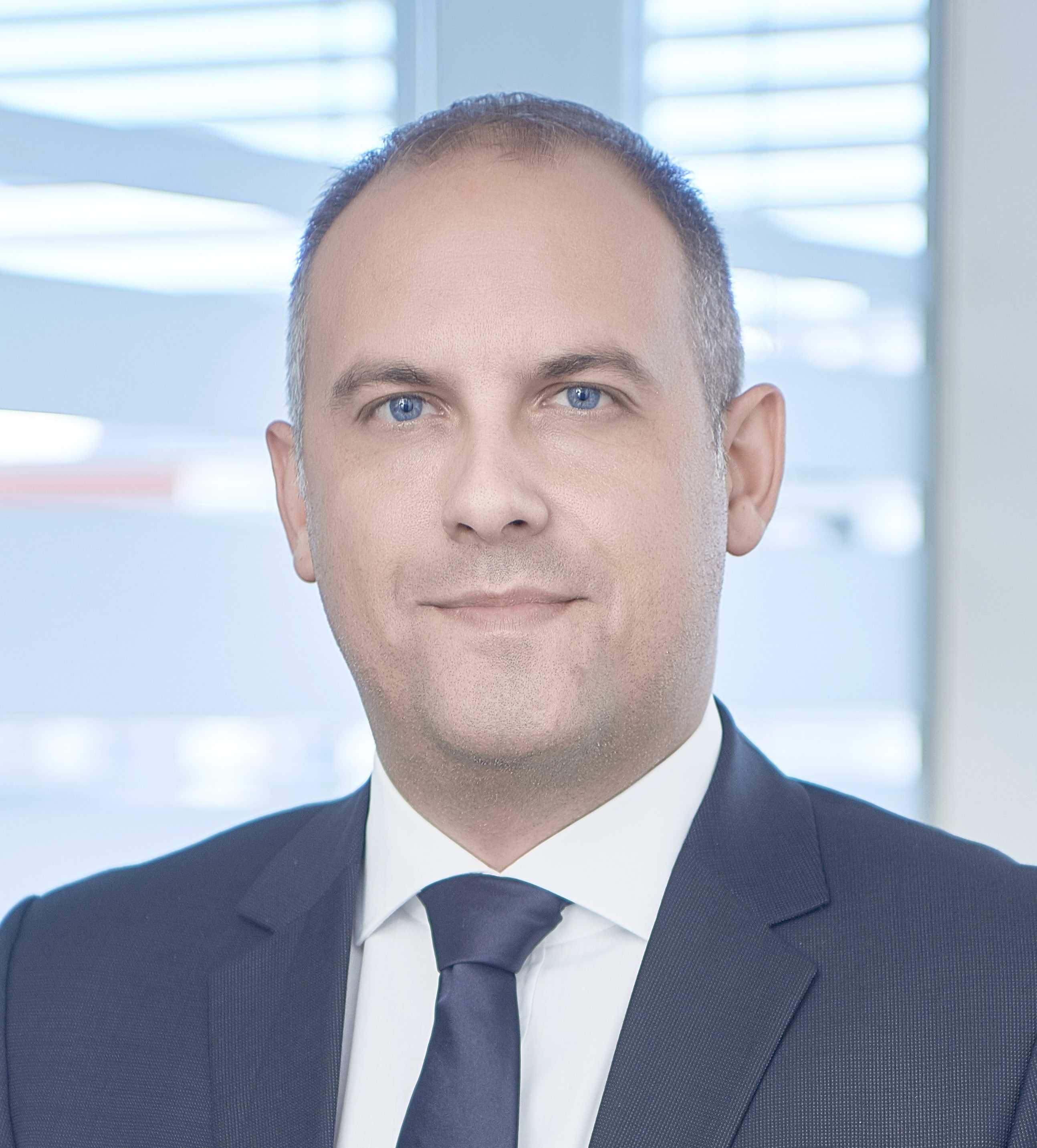{{item.title}}
{{item.text}}

{{item.text}}
The mid-2020s are particularly significant for the Central and Eastern European (CEE) region. May 2024 heralded the 20th anniversary of the accession of Czech Republic, Estonia, Hungary, Latvia, Lithuania, Poland, Slovakia and Slovenia to the European Union, joined three years later by Bulgaria and Romania. This growing maturity is reflected in the current challenges faced by family businesses, which are of crucial importance to the regional economy, with up to half of private sector employees being employed by family-owned and run companies.
The majority of Southeastern European (SEE) family businesses are still run by the first generation of post-communist era entrepreneurs who formed them in the early 1990s. According to the 2023 CEE Family Business Survey, 64% of CEE family businesses (double the 32% global figure) are in the hands of the first generation and 36% have passed to second or further generations (vs. 68% globally). However, with many of the first wave now in their 60s or 70s, this decade is seeing the approach of a changing of the guard in leadership in family businesses. NextGen, or the next generation of family business leaders who are typically aged between young adulthood and their early 40s, are getting closer to attaining senior executive roles.
The global PwC Global NextGen Survey is particularly pertinent to SEE, illustrated by the record number of participants this year of respondents from SEE and the wider CEE—and the high percentage of family businesses still run by their founders. There are clear signs that these pioneering businesses are at a crossroads—and are looking inward and outward to plan a strategy to remain viable and prosper in the coming decades.
NextGen leaders in SEE family businesses are facing challenges related to growth, modernisation, digital transformation, and succession. While optimistic about the opportunities that technologies like generative AI offer, slow implementation suggests the need for faster adaptation to unlock the technology’s full potential. Additionally, trust and succession planning remain critical issues to ensure a smooth leadership transition in the coming years.
Achieving business growth is comfortably the key priority for NextGen in SEE over the next two years, with well over half of respondents citing growth as most important. Given that the second biggest priority is expanding into new sectors, this chimes with the results of last year’s Family Business Survey, where 91% of CEE respondents reported that growth is important because it enables investment in their company’s future. This suggests that both current and NextGen leaders are doing all they can to adapt to uncertain times in order to pursue growth.
Achieving growth is a key priority for NextGen in the next two years. Over half (52%) of respondents see achieving growth as a top priority, followed by expanding into new sectors or markets and talent management. There is a reasonably good match between business priorities and where NextGen are engaged.
Despite the current generation of family business leaders citing changing market conditions, innovation and development as fundamentally important, family businesses have a reputation for having somewhat traditional and conservative mindsets. Both globally and in the SEE region, NextGen reveals a willingness to explore new ideas and business practices. The principal areas where they believe they can add the most value are: professionalisation and modernisation of management practices and international expansion.
This more than hints that NextGen has one eye on leading business transformation once they assume the roles of key decision-makers. This is especially relevant considering diversifying the services and products that family businesses offers and separating family ownership from management can be two of the key actions that NextGen may bring to the top tables.
The recent CEE edition of the Global CEO Survey alluded to CEOs being somewhat more neutral than their global counterparts on generative AI, with 10% less believing the technology will significantly change the way their company creates, delivers and captures value over the next three years. Nonetheless, CEOs still see a clear direction of travel in terms of AI, with well over half (59%) predicting that generative AI will be vital to transformation.
The NextGen Survey identifies comparable patterns. Most NextGen in SEE (86% vs 82% globally) are personally interested in generative AI—and a majority perceive their knowledge levels to be high. 59% of NextGen in SEE consider themselves knowledgeable about generative AI, which is higher than the 53% global figure.
Despite an awareness that there is a need to harness generative AI, SEE family businesses have been slow to implement the technology. Although 47% (compared to 30% globally) are in the early stages of exploration, 33% of family businesses in SEE have yet to begin their generative AI journey. Only 6% have implemented AI in some or many parts of their organisations. Furthermore, only 12% of family businesses in SEE have a person or team in the company directly responsible for generative AI.
Despite a realisation that there is a need to harness generative AI, SEE family businesses have been slow to implement the technology. Although 47% (compared to 30% globally) are in the early stages of exploration, 33% of family businesses in SEE have yet to begin their generative AI journey. Only 6% have implemented AI in some or many parts of their organisations. Furthermore, only 12 % of family businesses in SEE have a person or team in the company directly responsible for generative AI.
NextGen in SEE generally feel more positive than the global average about family trust levels. However, only 27% believe there are high levels of trust between family members and non-family members within the business and less than half (47%) believe there are high levels of trust between NextGen family members and the current generation. This apparent lack of trust among different groups within the business is not the best basis for some companies to undertake succession planning, which is discussed in the section below.
As explained in the 2024 Edelman Trust Barometer Global Report, while family businesses remain the most trusted type of business, implementation of innovation is just as important as invention. Mismanaged innovations are more likely to create a backlash than build consumer trust.
With the apparently slow pace of AI experimentation and even slower implementation generally in SEE family businesses, NextGen (and the current generation of leadership) has a major challenge on their hands. This challenge isn’t only around increasing their companies' understanding of the business benefits and risks of AI—but implementing it in a way that retains and increases the confidence of consumers.
While emotional, social and personal issues play important roles in all businesses, intergenerational and interfamilial ties greatly heighten these dynamics in family companies. Given the advancing years of the first generation of family business entrepreneurs, it follows that handing over to the next generation of leaders is at the forefront of their thoughts. Last year’s CEE Family Business Survey showed that succession planning is a growing challenge for many family-owned businesses in the region.
NextGen is concerned about succession planning. Just over half (51%) of NextGen in SEE are aware of a succession plan in their family business, but many of those were not involved in its development and further 6% do not know if there is a succession plan.
In the CEE Family Business Survey, almost three-quarters of leaders (74%) reported that ensuring their business stays in the family is a key personal long-term goal. However, the survey also suggested that many first-generation leaders had not taken appropriate steps to achieve this goal. Only 69% of them have some form of governance policy in place within the business compared to 81% globally—and 10% fewer than global averages had a document including a last will and testament (25% in CEE, 35% globally).
This concern over succession planning is shared by NextGen. Just over half (51%) of NextGen in SEE are aware of a succession plan in their family business. However, a significant minority of 18% were not involved in its development. Concerningly for the family businesses’ importance to SEE economies, as many as 43% reported that their business had no succession plan in place, and a further 6% said they were unaware of a plan.
Last year’s Family Business Survey showed that the majority of family businesses in the CEE region do not hold environmental, social and governance issues (ESG) as principal priorities. Only just over one-tenth (11%) put ESG issues as top priorities—with only around one-third (35%) of CEE family businesses having a person or team in place who is responsible for ESG. Also, only a minority of CEE family businesses set goals and targets for diversity, inclusion and social impact. There are, however, key drivers of change in the ESG arena that NextGen must be ready to act on.
One driver is the climate change megatrend, and there are signs that companies in CEE are already taking action in this area. According to the recent CEE edition of the Global CEO survey, around one-third of CEOs don't have specific plans for actions on climate adaptation, transition or nature. The biggest focus, however, for business leaders in CEE and globally is energy efficiency. CEOs in the region report slightly more actions aimed in this area than global averages—15% versus 10% for completed actions and 71% versus 65% for work in progress. Since enhanced energy efficiency brings financial savings, it is not surprising that we see this as a leading action from CEOs in CEE. These can be attributed to some extent to the proliferation of legislation and guidance at an EU level, including CSRD.
The NextGen Survey is a global market survey conducted with the next generation of leaders of family businesses. The goal of the survey is to gain an understanding of what NextGen are thinking on the key issues concerning their family businesses and the roles they are playing currently and think they should play in the future. In total, 889 interviews took place across 63 countries globally. 49 interviews (almost 6% of all participants globally) took place in the Southeastern European region, (Albania, Bosnia and Herzegovina, Bulgaria, Croatia, Kosovo, Montenegro, North Macedonia, Serbia and Slovenia). 69% of SEE participants in the survey already occupy leadership positions in family businesses and more than 60% were in the aged 27-39. The interviews took place between 13 November 2023 and 23 January 2024.
{{item.text}}

{{item.text}}



